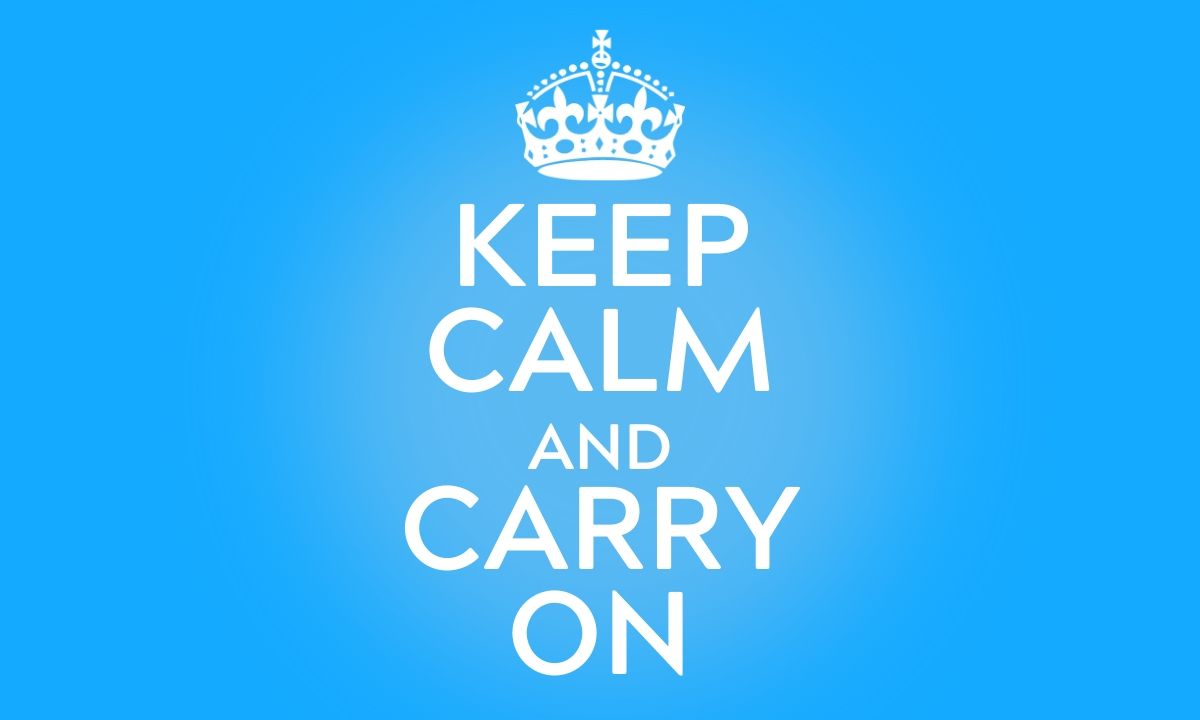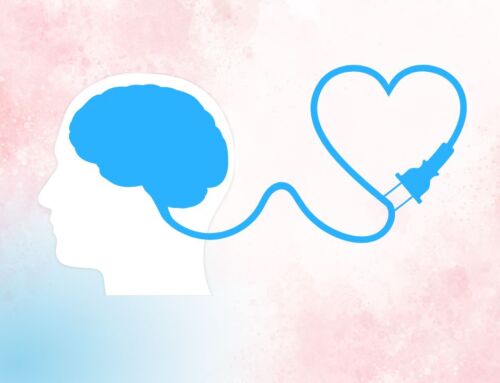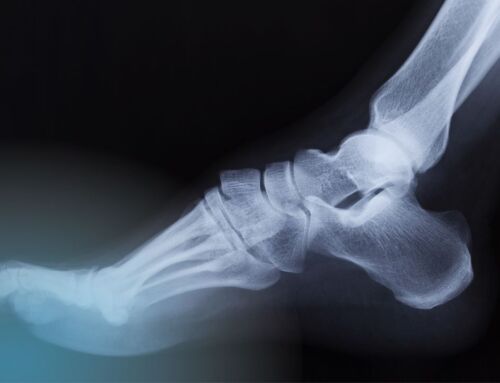“Honey, are you keeping up your meditation practice?” my husband gently inquired. “This is such a stressful time. I really think you should try to exercise and do some good meditations.”
“Yeah, well, I’m using Insight Timer and doing a meditation for going to sleep every night,” I replied.
“I don’t think that’s enough,” he lovingly suggested.
I’ve been sleeping on the couch at my Dad’s apartment, hanging out with my sisters as we watch and wait for this beloved, elegant and generous man to transition from this world. Today I realized that I was out of contact lenses. I drove home (a blessed 10 minutes) to replenish my supply.
Once home, I wrestled with the choice to either burrow under my covers in my cozy bed or get my butt on the elliptical trainer machine. Go down, ahh… Go up, ugh… Hearing my husband’s whisper in my head, from miles away out at sea, I stepped up on the elliptical trainer, put Donna Summer radio on my Pandora App, and let my feet follow the beat. I am so fricking out of shape, I stayed between level one and level three, working up a sweat for 20 minutes. Then I walked on the treadmill for 10 minutes. After stretching and doing a little yoga, I chose a 20-minute guided meditation from Insight Timer called “Coping with Grief’s Difficult Emotions,” led by Heather Stang.
This meditation is a terrific self-compassion practice.When I located a difficult emotion in my chest, she encouraged me to label it and examine the texture and quality of the feeling.
It reminded me of Tonglen meditation, which I adore.
In my chest I noticed agitation and fatigue. I visualized a washing machine, the center post rotating back and forth, frothing the water around the laundry. The water was grey and heavy. I softened that area, very much like a Soften-Soothe-Allow meditation from the Mindful Self Compassion curriculum. Then she suggested finding an area in the body that felt okay and focusing my attention there. That enabled me to switch my attention to my legs, arms, neck and head. After that, she prompted me to flip my attention back and forth, from the neutral body parts, to my chest. This technique is reminiscent of the “Loving Kindness Meditation for the Difficult Person,” led by Christopher Germer, which was a lifeline for me throughout stressful parenting years.
At the conclusion of the meditation, I noticed the agitation was gone, and that the fatigue was now a lighter feeling of sleepiness. I showered and dressed in newfound calm, happy to be back in my true home.
Walking out of my bedroom, I came upon a 4-inch piece of dog poop on my carpeting.
I had an instantaneous flash fire of anger at the 5-pound culprit, still wearing her diaper while somehow finding a way to poop on my floor like a magician. I actually called her a bitch, which technically is not an insult! She is a female Yorkie! That cracked me up.
As I eased myself into my car, I took some long deep breaths to calm my heart rate. My body is obviously overreacting to a little poop because I am raw from stress.
“Oh Julie, sweetheart,” I said to myself, “You are doing the best you can. Your best is pretty damn good. Keep calm and carry on.”
Then my mind considered that slogan, and I got curious about who created that phrase, and all the merchandise using that phrase?
A quick Google search, once I got back to my Dad’s apartment, revealed that the slogan originated in war torn England during WWII. It was designed by Churchill’s war office, along with other posters, to help the public endure the dark days of bombing. Evidently the 2 million copies were never distributed! I discovered a charming short video describing it’s history and how the poster was discovered 50 years later in a dusty box at a little book shop in England.
May we be safe, happy, healthy and live with ease. May we Keep Calm and
Carry On.
Tools for Keeping Calm and Carrying On:
A great guided meditation for caregivers, recorded by me in 2017: https://podcasts.apple.com/us/podcast/caregiver-meditation/id1232945149?i=1000451285387
My favorite guided meditation to ease into sleep by Kenneth Soares:
“Coping with Grief’s Difficult Emotions,” by Heather Stang:
Pema Chodrun’s expert guidance on Tonglen meditation:
Christopher Germer, author of “The Mindful Path to Self-Compassion Freeing Yourself From Destructive Thoughts and Emotions,” and co-creator of the Mindful Self-Compassion curriculum leading the Soften-Soothe-Allow meditation:




















